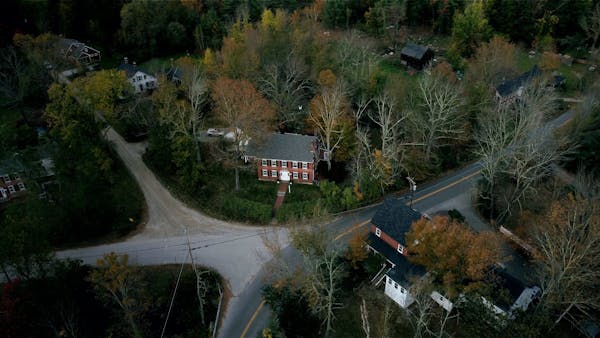THE LIFE AND TIMES OF ANNIE SMITH
Annie Smith was born on March 16, 1828, to Samuel and Rebekah Smith in West Wilton, New Hampshire. She was the only daughter in the family and had three brothers, one of whom was Uriah Smith. When she was 10 years old she was converted and joined the Baptist church but left to accept the Advent Message in 1844.
After the Great Disappointment, Annie found herself floundering spiritually and left home to attend the Charlestown Female Seminary in Massachusetts. She spent six terms there engaged in a liberal arts degree and taking classes in French and oil painting. She was an incredibly gifted writer and poet and regularly contributed to the Ladies’ Wreath and other literary publications.
Around 1851 Joseph Bates visited Rebekah Smith in West Wilton and Rebekah asked him to pay Annie a visit while he was in Boston. She then wrote to Annie urging her to attend a meeting being held in the home of Elizabeth Temple which Bates was scheduled to attend. Annie dragged her feet, not really wanting to go but pressed to go out of a sense of duty to her mother.
The night before both Bates and Annie had the same dream. They dreamed of a meeting in which only one seat was vacant right by the door and Annie arrived late. The next day Annie arrived late for the meeting and found a vacant seat right by the door. Bates recognized her from his dream and as he recounted what he had seen Annie was deeply moved by the entire incident, recognizing the hand of providence at work.
Bates then proceeded to present the message of the heavenly sanctuary to Annie as an explanation for the disappointment of 1844. He also talked to her about the Sabbath. It was a spiritual turning point for Annie. Within a month of the encounter, she wrote a poem for the Review and Herald titled “Fear not little flock” which was published in September 1851.

